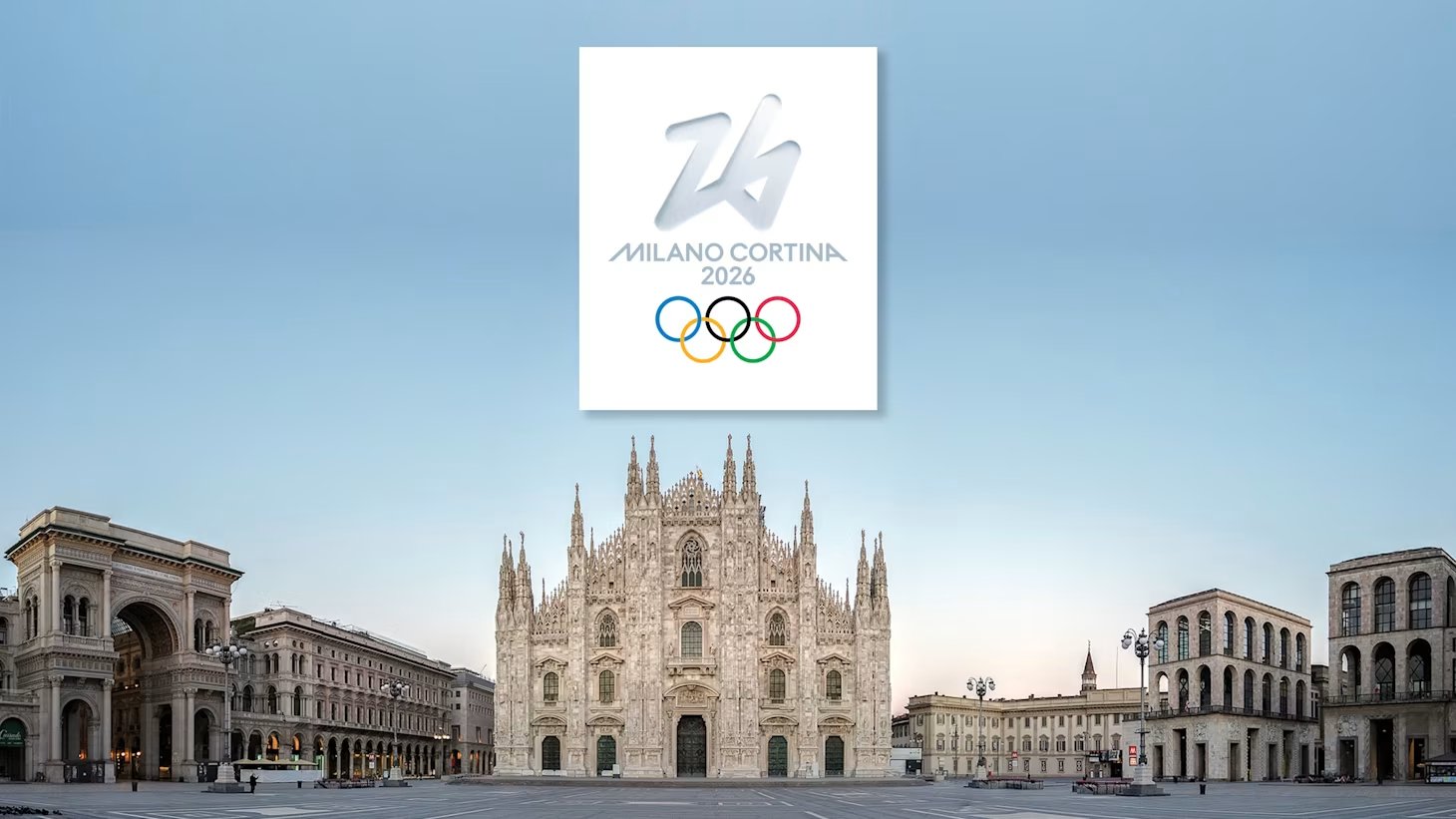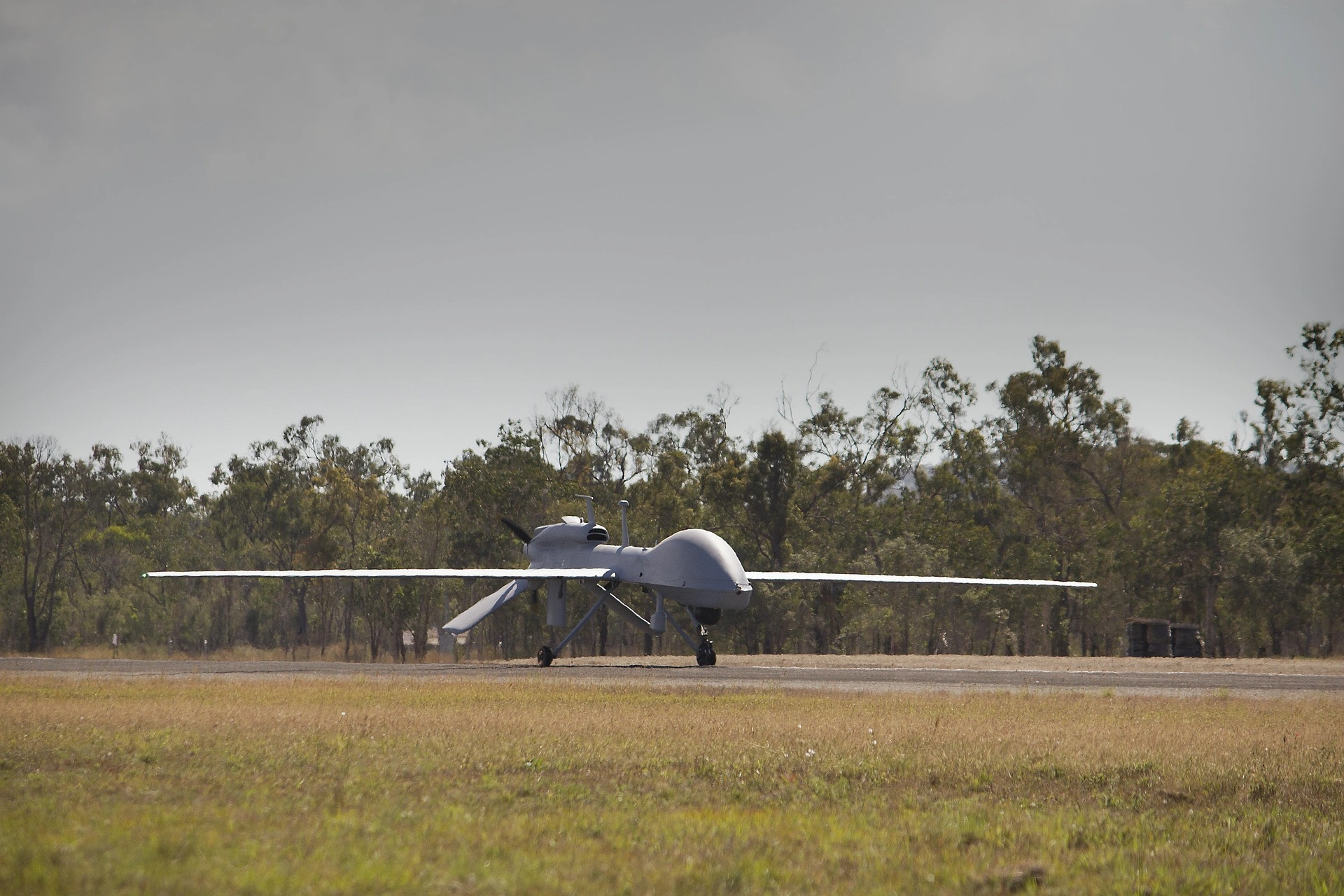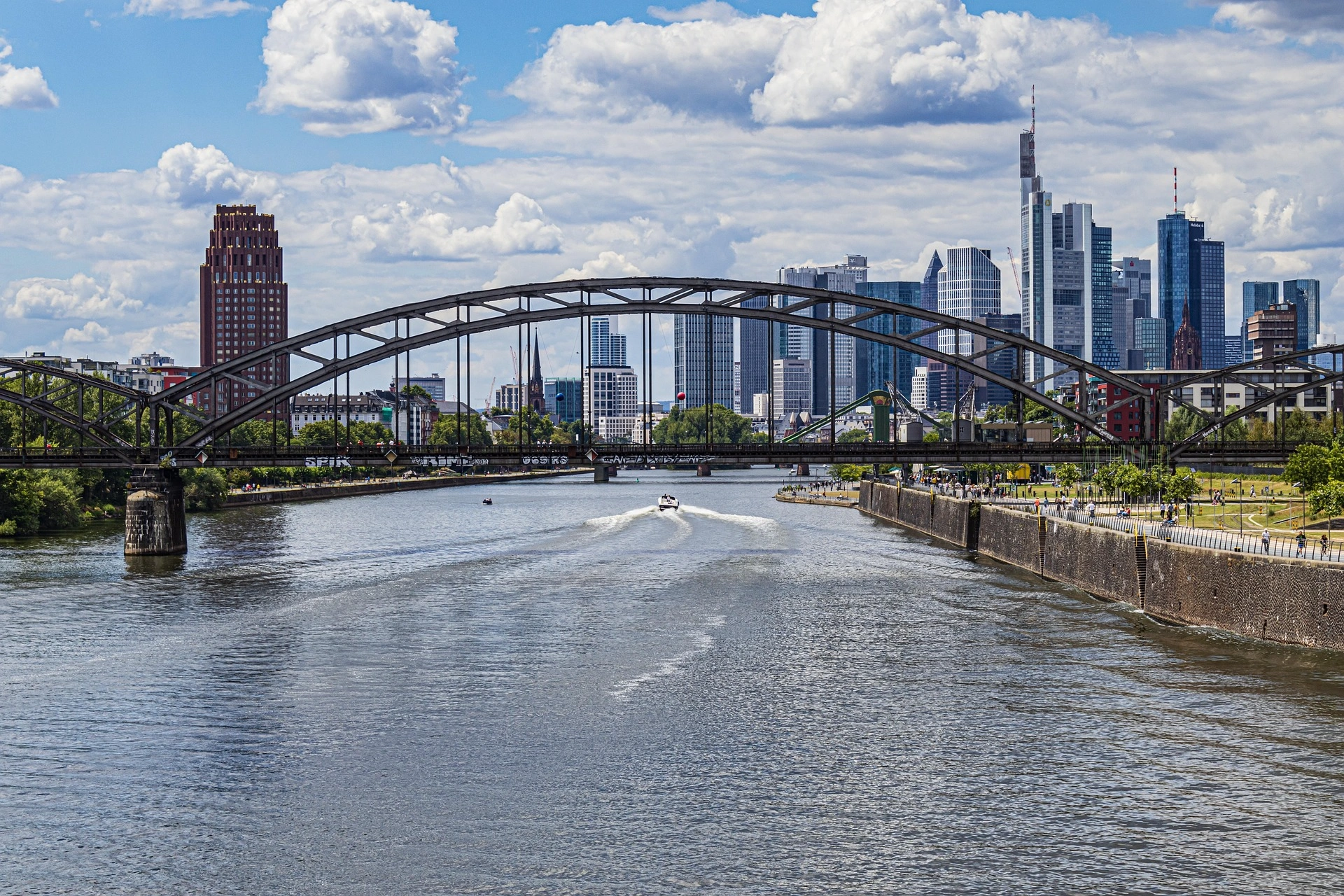Historian warns climate denial is causing “immense harm” as humanity nears a “major crunch point

John E. Kaye
The climate emergency will be remembered as a “great turning point” in human history, with denial and delay now threatening to push the world towards a “crunch point”, according to the historian Professor Penelope J. Corfield
Humanity is approaching a “major crunch point” and leaders who continue to obfuscate and deny the dangers of climate change are “causing immense harm”, the historian Professor Penelope J. Corfield has warned.
In an interview with The European, Corfield said the crisis would in retrospect be seen as “a great turning point”, arguing that public urgency will peak “when the long term and the here and now… collide and come together.”
She likened the stakes to past civilisational shocks and said the coming years would test whether societies can act at scale before local consequences make delay impossible.
The historian, whose new book Time-Space examines how people inhabit time as a lived continuum, said that while daily life traps us in immediacy, humans retain the capacity to plan far beyond the present. “We do all live in the here and now… but humans as a species think long,” she said. The climate emergency, she added, is “an extreme example of this”, demanding decisions whose benefits lie decades ahead.
Corfield said she believed the crisis would compel societies to rediscover their capacity for collective action, but warned that civic passivity carries moral costs. “Bad men and women prosper because good men and women do nothing,” she said.
Speaking to Juliette Foster, Corfield also addressed the social effects of the digital revolution. She expects its full impact to take years to assess and called for “proper regulation of the amount of time kids spend on their phones and other social media when very young.” New technologies, she argued, always bring disruption, and “society also has to find a way of coping with it.”
At the same time, she said digital tools can strengthen public understanding of the past. Re-creations and interactive archives, when used carefully, can “spark imagination as well as mental effort”, provided audiences keep a clear boundary between representation and fact.
Corfield also told The European that history offers a guide to endurance and recovery, warning that societies must confront their pasts rather than “brush them under the carpet”.
Modern Germany, she said, had shown how national reckoning through leadership, education and family discussion can rebuild trust, while reconciliation in divided communities often begins with children who “suddenly realise they’re not the demons they were told they are”.
She pointed to the rise of international institutions as proof that cooperation can prevail over division. Law courts, treaties and thousands of non-governmental organisations, she said, have created “a sort of global common citizenship”, from the Red Cross and Red Crescent to modern humanitarian networks that bind states together.
Humans, she added, remain “a tricky species — intelligent, complex, capable of creating problems as well as answers — but we do learn to act together, even if only at the last minute”.
Watch the full interview with Professor Penelope J. Corfield on The European’s YouTube channel. Her book, Time-Space: We Are All In It Together is out now.
RECENT ARTICLES
-
 WPSL targets £16m-plus in global sponsorship drive with five-year SGI partnership
WPSL targets £16m-plus in global sponsorship drive with five-year SGI partnership -
 Dubai office values reportedly double to AED 13.1bn amid supply shortfall
Dubai office values reportedly double to AED 13.1bn amid supply shortfall -
 €60m Lisbon golf-resort scheme tests depth of Portugal’s upper-tier housing demand
€60m Lisbon golf-resort scheme tests depth of Portugal’s upper-tier housing demand -
 2026 Winter Olympics close in Verona as Norway dominates medal table
2026 Winter Olympics close in Verona as Norway dominates medal table -
 Europe’s leading defence powers launch joint drone and autonomous systems programme
Europe’s leading defence powers launch joint drone and autonomous systems programme -
 Euro-zone business activity accelerates as manufacturing returns to expansion
Euro-zone business activity accelerates as manufacturing returns to expansion -
 Deepfake celebrity ads drive new wave of investment scams
Deepfake celebrity ads drive new wave of investment scams -
 WATCH: Red Bull pilot lands plane on moving freight train in aviation first
WATCH: Red Bull pilot lands plane on moving freight train in aviation first -
 Europe eyes Australia-style social media crackdown for children
Europe eyes Australia-style social media crackdown for children -
 These European hotels have just been named Five-Star in Forbes Travel Guide’s 2026 awards
These European hotels have just been named Five-Star in Forbes Travel Guide’s 2026 awards -
 McDonald’s Valentine’s ‘McNugget Caviar’ giveaway sells out within minutes
McDonald’s Valentine’s ‘McNugget Caviar’ giveaway sells out within minutes -
 Europe opens NanoIC pilot line to design the computer chips of the 2030s
Europe opens NanoIC pilot line to design the computer chips of the 2030s -
 Zanzibar’s tourism boom ‘exposes new investment opportunities beyond hotels’
Zanzibar’s tourism boom ‘exposes new investment opportunities beyond hotels’ -
 Gen Z set to make up 34% of global workforce by 2034, new report says
Gen Z set to make up 34% of global workforce by 2034, new report says -
 The ideas and discoveries reshaping our future: Science Matters Volume 3, out now
The ideas and discoveries reshaping our future: Science Matters Volume 3, out now -
 Lasers finally unlock mystery of Charles Darwin’s specimen jars
Lasers finally unlock mystery of Charles Darwin’s specimen jars -
 Strong ESG records help firms take R&D global, study finds
Strong ESG records help firms take R&D global, study finds -
 European Commission issues new cancer prevention guidance as EU records 2.7m cases in a year
European Commission issues new cancer prevention guidance as EU records 2.7m cases in a year -
 Artemis II set to carry astronauts around the Moon for first time in 50 years
Artemis II set to carry astronauts around the Moon for first time in 50 years -
 Meet the AI-powered robot that can sort, load and run your laundry on its own
Meet the AI-powered robot that can sort, load and run your laundry on its own -
 Wingsuit skydivers blast through world’s tallest hotel at 124mph in Dubai stunt
Wingsuit skydivers blast through world’s tallest hotel at 124mph in Dubai stunt -
 Centrum Air to launch first European route with Tashkent–Frankfurt flights
Centrum Air to launch first European route with Tashkent–Frankfurt flights -
 UK organisations still falling short on GDPR compliance, benchmark report finds
UK organisations still falling short on GDPR compliance, benchmark report finds -
 Stanley Johnson appears on Ugandan national television during visit highlighting wildlife and conservation ties
Stanley Johnson appears on Ugandan national television during visit highlighting wildlife and conservation ties -
 Anniversary marks first civilian voyage to Antarctica 60 years ago
Anniversary marks first civilian voyage to Antarctica 60 years ago



























